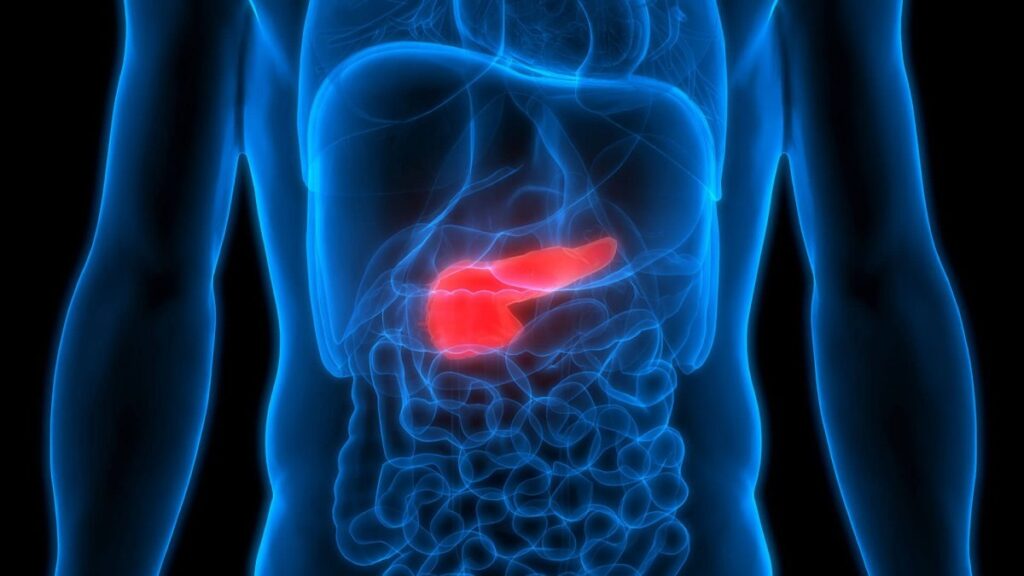The pancreas plays an important role in regulating blood sugar levels and helps in digestion. When it’s not functioning properly, there can be several warning signs of trouble. Keep in mind that these symptoms may not necessarily indicate a pancreatic issue on their own, but they could be cause for concern if they persist. If you suspect pancreatic problems, it’s important to consult a healthcare professional for a proper diagnosis and guidance.
Here are some warning signs your pancreas might be in trouble:
1. Abdominal Pain:
Persistent, unexplained pain in the upper abdomen that may radiate to the back can be a sign of pancreas issues, such as pancreatitis or pancreatic cancer.
2. Weight Loss:
Unexplained and unintentional weight loss can occur with pancreatic problems, as the pancreas plays a role in digestion and nutrient absorption.
3. Digestive Problems:
Difficulty digesting food, diarrhea, or oily, foul-smelling stools (steatorrhea) can be signs of pancreatic insufficiency, where the pancreas is not producing enough digestive enzymes.
4. Nausea and Vomiting:
Pancreatic issues can lead to feelings of nausea and vomiting, especially if they interfere with proper digestion.
5. Jaundice:
Yellowing of the skin and whites of the eyes (jaundice) may occur if the pancreatic duct is blocked, which can be a symptom of pancreatic cancer or gallstones.
6. Changes in Blood Sugar Levels:
The pancreas produces insulin to regulate blood sugar levels. Unexplained changes in blood sugar, such as frequent hypoglycemia (low blood sugar) or hyperglycemia (high blood sugar), can be a sign of pancreatic dysfunction.
7. New-Onset Diabetes:
Diabetes can be a result of pancreatic dysfunction, especially if it develops suddenly in adults.
8. Fatigue:
Fatigue can be a result of malabsorption of nutrients and changes in blood sugar levels caused by pancreatic problems.
9. Dark Urine and Pale Stools:
Dark urine and pale, greasy stools may indicate issues with the pancreas or bile ducts, potentially caused by a blockage.
10. Itchy Skin:
Itchy skin, often accompanied by jaundice, can be a sign of bile duct obstruction related to pancreatic issues.
If you experience any of these warning signs, it’s essential to consult a healthcare professional for a proper evaluation. They can perform tests, including blood work, imaging studies, and possibly biopsies, to determine the cause of your symptoms and recommend appropriate treatment. Early diagnosis and intervention can be critical in managing pancreatic conditions.
